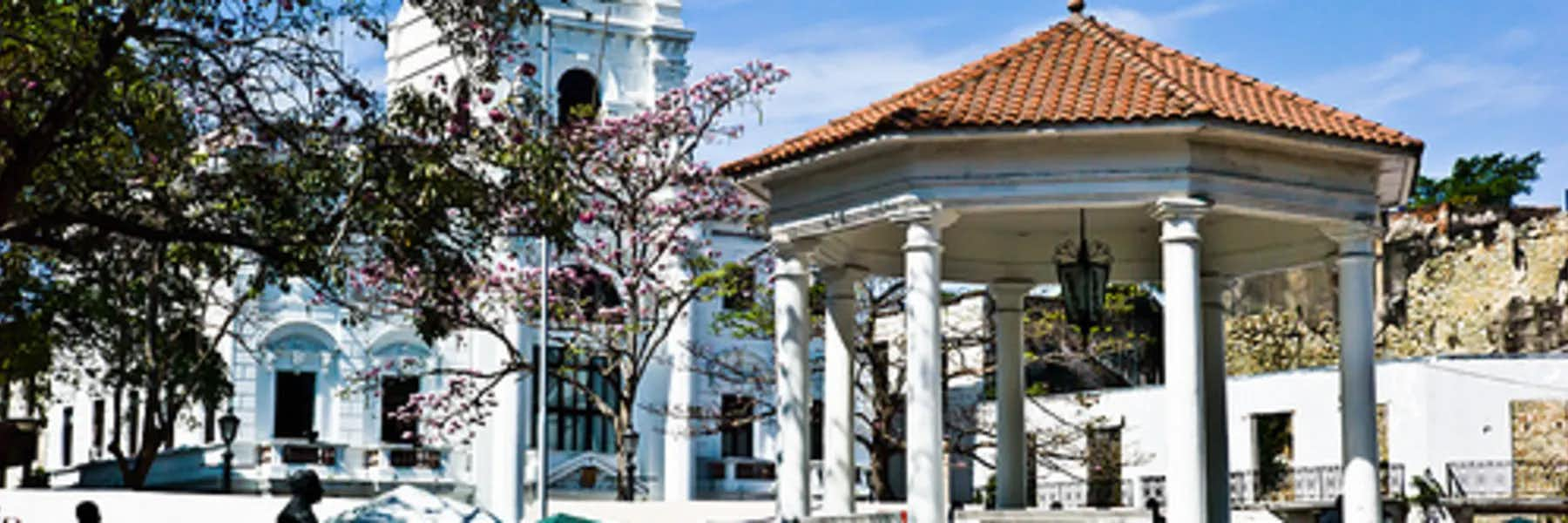There are several categories of residency for those seeking to live and/or retire in Costa Rica. Although it can be quite bureaucratic, the process to obtain your cedula (the Costa Rican “green card”) is actually pretty straightforward.
Most expats who retire to Costa Rica and live here full time choose pensionado status. All you need is …
$1,000 coming in per month from Social Security or a government guaranteed pension. That’s per couple.
There is no requirement for you to be in Costa Rica a certain amount of time per year. But if you stay out of the country for two consecutive years, you will lose your residence. And you must be in the country when you renew your application.
You cannot work for anybody or any company in Costa Rica, although you can own a business or telecommute.
Other residency categories include rentista, and inversionista, which are both temporary categories like pensionado, requiring renewal every two years.
You can’t work under these categories either. Rentista caters to those with regular income from investments—at least $2,500 per month for at least two years—guaranteed by a banking institution or a $60,000 deposit in a Costa Rican bank. In the case of investionista you must invest in a business or property in Costa Rica—at least $200,000. And you must remain in the country at least half the year.
Other forms of temporary residency cater to missionaries, those with specialized skills who come to work in Costa Rica (often corporate executives), students, scientists, and journalists.
Permanent residency can be secured by having a first-degree relative who is Costa Rican. That can be a spouse or a child. Permanent status can also be earned after three years as a temporary resident.
The Process of Securing Residency in Costa Rica
It is possible to go through the residency process on your own. But if you don’t speak Spanish I would recommend hiring a reputable lawyer to guide you through the process. Most of the government officials you will interact with do not speak English.
The cost of hiring a lawyer is between $600 to $2,000 per person. Cheaper is not always better. And be leery of non-lawyer “fixers” who offer to shepherd you through the process for a fee. But lawyers are not just translators. They’ll make sure you have all the right documents in order and take you to the right government offices to turn in the documents to the right people. In sprawling government complexes with lines everywhere, this can be a big plus. Lawyers even have a special window at the immigration office with no wait.
Doing it on your own costs around $300 for filing fees, payments to translators and lawyers (who still have to certify certain documents) and such, per person.
Whether or not you hire a lawyer, patience is key. Immigration offices are crowded and officials overworked. There are long wait times. Whenever visiting a government office be sure to get there early.
Required Documents for Residency in Costa Rica
It’s important that you gather all the required documents before you leave the United States. Many will be difficult to obtain from overseas. Here is the list for pensionado residency:
A letter explaining why you are seeking residency, as well as personal details like nationality, occupation, age (even if applying on your own, ask a lawyer for a template you can fill in).
An application form available from the immigration office.
A receipt showing that you have deposited money for your application in the government account at the Banco de Costa Rica. The amount will be $50 if applying from outside the country and $250 if you apply while here on a tourist visa.
Two passport photos (bring at least eight though just in case)
Proof of fingerprinting by the Ministereo de Seguridad Publica (Ministry of Public Safety)
Proof of registration with your country’s embassy in Costa Rica
Birth certificate, with apostille (an apostille is a special stamp, usually from your home state’s State Department that certifies the document is valid. Contact the State Department where your documents were issued for details on sending in your document to be stamped).
Police record, with apostille
Certified document showing you receive at least $1,000 from Social Security or other government guaranteed pension.
Having all these documents before you leave the U.S. for Costa Rica will help the process go smoothly.
The list for the other categories is similar. You can review requirements here for all types of residency at the official government immigration office website here (the website is in Spanish, but it’s the only official list).
There are many sites in English, run by expat “experts,” without the complete requirements. Only two sites in English come close to having the right information: the U.S. embassy in Costa Rica and the Association of Residents of Costa Rica.
If you have any questions call the immigration hotline in Costa Rica: 900-1234-567 an easy one to remember!). They are very helpful.
